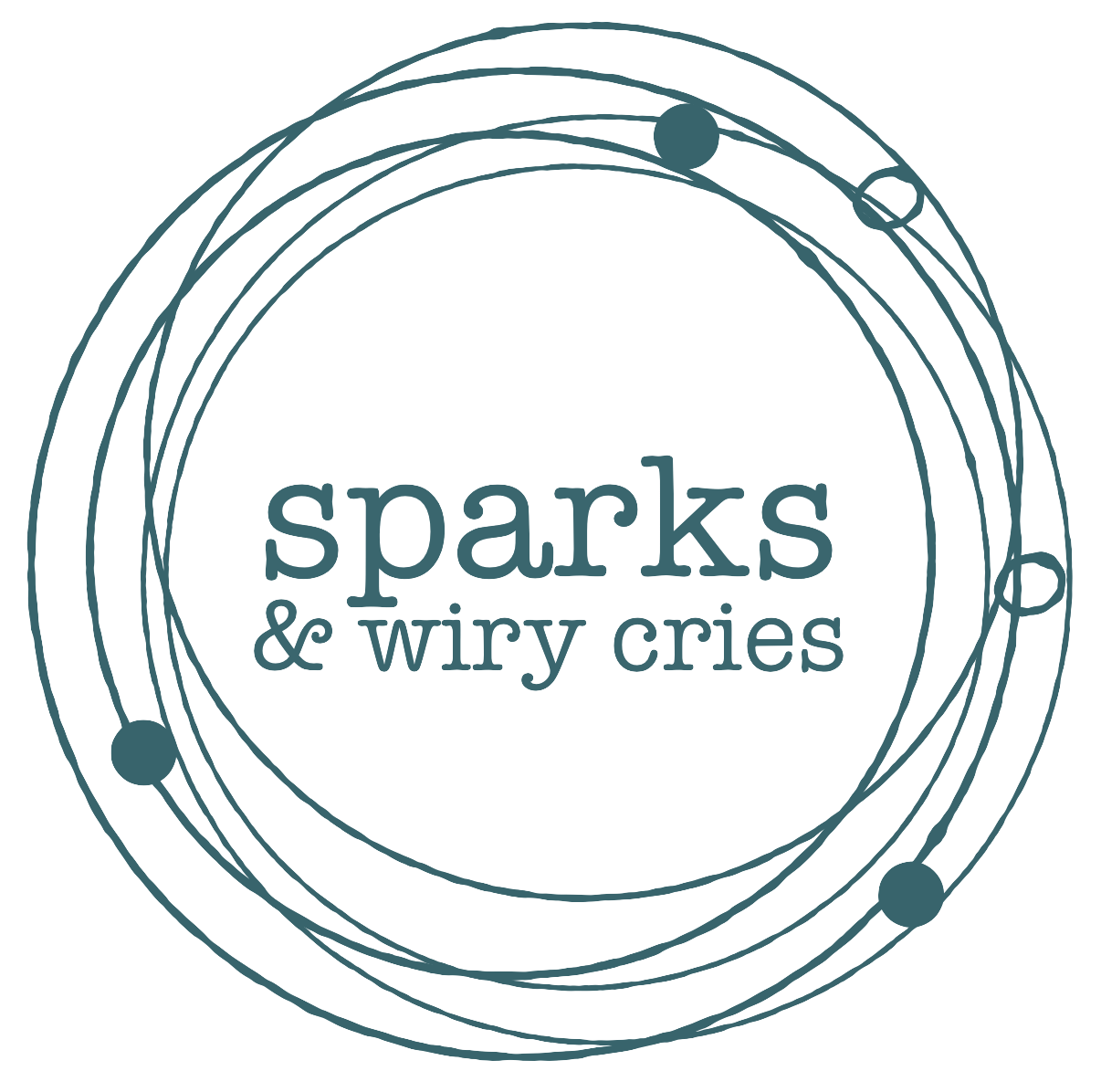PAULINA SWIERCZEK & ANIA VU | Songs of Identity
For our 2022 songSLAM Festival, Sparks & Wiry Cries solicited short recital programs from voice and piano duos that would reflect the fullness of their identities. The following is a written interview conducted with one of these great duos, soprano Paulina Swierczek and pianist Ania Vu, discussing their Polish heritage and the intersection of this heritage with other facets of their identities. Their recital is available here.
S&WC: How did your approach to programming this recital differ from your usual approach? Were there unexpected challenges?
AV: Programming this recital was quite exciting because it provided us a unique opportunity to reflect more on our background and identity through the choice of repertoire. There are so many beautiful songs that are relevant to our theme of identity and the challenge was to narrow them down to fit within the time frame.
PS: The time frame was decidedly a challenge, making sure we programmed enough to create a definite arc without going overtime. I think my original brainstorm was twice as long! But there was definitely something freeing to have to be so concise and clear.
S&WC: What does it mean to you as performers to bring the fullness of yourself to a performance? How does repertoire play into this?
AV: It means to truly believe in the character that I’m playing and temporarily forgetting who I am, or using parts of my identity to build and become the desired character. The right repertoire can definitely facilitate the process if I identify myself with the characters I play, so recording this program that expresses different parts of our identities felt really rewarding, empowering, and authentic.
PS: Honesty and transparency are at the forefront of my intention as a performer. Whatever it is that we’re creating, I try to find a context from my own mind-palace/feelings-bank to recall and apply so that the characterization is as genuine as possible. Sometimes that context adds new layers to the work being performed, and that’s when it gets fun. That’s why I loved this program we put together for Songs of Identity – it brought new context to the songs and gave me the opportunity to express my complex feelings around my changing relationship to my heritage.
S&WC: Is there any difference for you both in performing art song set in Polish vs. French or English?
AV: I deeply enjoy speaking and thinking in different languages – I was born in Poland, attended a French school for a decade, and have been living in the US for the past 9 years, so switching between Polish, French, and English feels very natural to me and is reflective of my upbringing.
PS: I’ve always loved and enjoyed singing in different languages; as a fluent Polish speaker growing up in Canada, Polish, English, and French are three of the most comfortable tongues in which to sing. HOWEVER – I will say that singing in Polish is a special joy. There’s a huge wealth of art song in Polish that doesn’t get explored enough because the language is so unfamiliar, and I feel a sense of responsibility to do my part to get it heard!
S&WC: Your program proposal alluded to a fragmented identity— your simultaneous pride and affection for your shared Polish heritage, and your critique of a socio-political culture that undermines the bodily autonomy of women and remains hostile to members of the LGBTQ+ community. Does art song play a part in your reconciling of these coexistent truths?
AV: Yes, absolutely – the juxtaposition of “Wisła” and “Why Mira can’t go back to her old house” felt both true to being patriotic as a Pole, but also being in dissonance with the current Polish government’s conservative views on gender roles. Art song is an art form that can be delightfully simple and direct, and combining different songs allows performers and the audience to experience different perspectives and coexistent truths.
PS: I was incredibly drawn to the prompt for Songs of Identity because of the mention of “fragmented identity;” this was a phrase that perfectly summarized the way I had been feeling about my heritage for quite some time. Creating and working on our program, which was structured to create an arc of struggle resolving in a new individual sense of pride, allowed the opportunity to crack those feelings open and inspect them. It functioned like ripping off a bandage, disinfecting the wound (which always stings) and giving it a new chance to heal. Art song is a unique and potent balm, for both performer and audience, and this was no exception.
Watch Paulina and Ania’s recital here.
January 13, 2022





